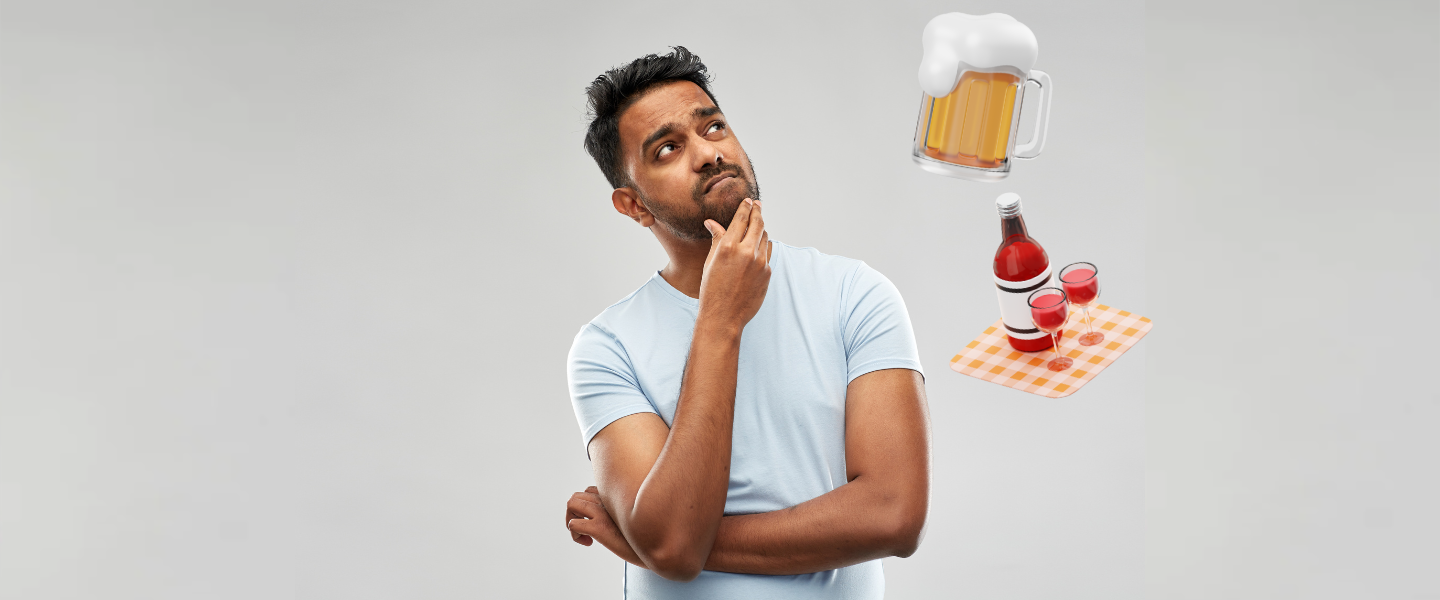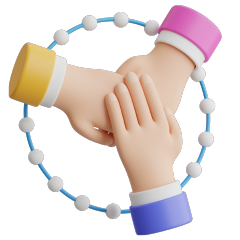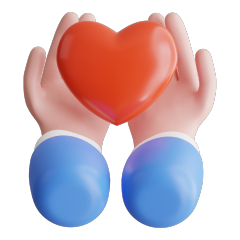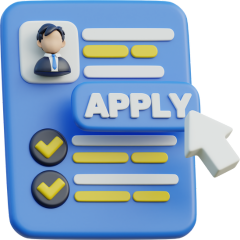Let’s talk Dry July!

If you’re considering Dry July because you’re concerned about your relationship with alcohol, it’s important to recognise that simply stopping for a month probably won’t lead to long-term positive changes.
Are you considering going dry this July? Giving up booze for a month can be a great way to raise money for charity and give your body a break from alcohol. 🍹🚫
However, if you’re considering Dry July because you’re concerned about your relationship with alcohol, it’s important to recognise that simply stopping for a month probably won’t lead to long-term positive changes.
Sure, you’ll see immediate benefits. Improved sleep, mental clarity, financial savings, just to name a few ☁️
But real change runs deeper. If you struggle with addictive behaviours, it’s important to understand and address your underlying patterns and triggers.
We sat down with psychologist and owner of The TARA Clinic, Tara Hurster, to better understand processes of change, addiction and recovery.

How do we recognise what triggers addictive behaviours?
Dr. Gabor Maté is famously quoted as saying:
“Don’t ask why the addiction, ask why the pain. To understand people’s pain, you have to understand their lives. In other words, addiction is a normal response to trauma.”Dr. Gabor Maté
I agree that trauma is often a precursor to addiction, though I would add that in my view, addiction is a repeated action that is triggered by the desire to reduce distress, despite negative consequences associated with the behaviour.
For example, if we learnt to manage stress by having a glass of wine at the end of the day, when we practice this over and over it becomes an unhelpful habit and can lead to addiction.
It’s important to remember that in some ways, addictive behaviours do work (in the short term!) Take alcohol as an example. Alcohol is a mood altering substance that is also a relaxant. So, if you are feeling stressed and frustrated after a busy day, you can use alcohol to relax 🍷💆 That’s literally what the substance does.
The problem is that alcohol doesn’t solve the actual problem – which is stress from work. It simply changes the symptoms you are feeling. Our brain believes that by changing the symptom, we have solved the problem – and that part isn’t true.
Remember, whatever you practice the most is what you become best at. So if you practice drinking alcohol to relax at the end of the day, when you are stressed or frustrated then you will start to automatically reach for more alcohol. Instead, it is helpful to look at the driver behind the behaviour, which in this case, is stress at work.
Is there something you can do, such as asking for additional support at work, that will ease the tension and therefore reduce the perceived need for alcohol at the end of the day?
What kind of mindset shift is needed to change addictive behaviours, rather than simply stopping?
Let’s discuss The Stages of Change. This is a process that people go through when doing any form of behaviour change.

1️⃣ Stage One is Pre-Contemplation. This is where you don’t believe there is a problem, or you don’t believe there is a solution for you.
2️⃣ Stage Two is Contemplation, where you acknowledge there is a problem but you aren’t ready to do something about it yet.
3️⃣ Stage Three is Preparation. You have acknowledged that there is a problem and you’re looking into your options for change, but you’re not quite ready for true change yet.
4️⃣ Stage Four is Action, this is where the rubber hits the road and you start implementing the actionable steps to create change in your life. This stage is the toughest, your brain is scared about the future so there’s greater risk of self-sabotage when everything is looking good.
5️⃣ Stage Five is Maintenance, this is where you are starting to re-align your life with the new lifestyle you’ve built. There are often little hiccups here and they show you the patterns that take time to see.
6️⃣ Stage Six is Recovery. You have redefined the nature of your relationship with stress, distress, and yourself and no longer need to “work” at recovery; because it is simply no longer an issue for you anymore.
It helps to be really clear with what stage of change you are at, as it helps you to work out what the best next steps are for your recovery journey to progress further. Often, we’re held up at Stages 1-3, and Stages 4-6 is where change occurs.
At The TARA Clinic, we say that early recovery is the first 12 months of change (from Action onwards), and the research shows that the best predicator for lasting changes happens between 12-18 months of active work in recovery.
The biggest mindset shift is to let go of ‘finishing’ being your focus, and instead leaning into the discomfort of slowing down and easing into the process of change.
How does focusing on change, rather than just going cold-turkey, affect long-term recovery and relapse rates?
When you give yourself permission to be vulnerable and prioritise yourself (even when it feels uncomfortable) then you are more likely stepping into the change process. In my personal experience of recovery from cigarette smoking, because I allowed myself to change I actually forgot that I was in recovery at all for over 8 years!
I also know that practical tools and strategies that help in one area of life can also help in others, so when I feel stressed or burnt out I lean into the things that make me feel good – which is what changing helps you to do.
Resources for change
If you’re ready to step into the processes of change, check out these free resources:
- SMART Recovery Australia https://smartrecoveryaustralia.com.au/
- Free community support groups
- Alcohol and Drug Information Service 24/7 phone line https://yourroom.health.nsw.gov.au/getting-help/Pages/adis.aspx
- National support line for people living with addiction and for those family members supporting people with addiction.
- The TARA Clinic free resources https://www.thetaraclinic.com/
- 5 Things to look out for when choosing a recovery program https://www.thetaraclinic.com/how-to-choose
- Your roadmap to recovery https://www.thetaraclinic.com/roadmap
- The 5 obstacles blocking your recovery https://www.thetaraclinic.com/blocking
- What Is Addiction mini course https://www.thetaraclinic.com/offers/RDTXq2hR/checkout
- What is recovery mini course https://www.thetaraclinic.com/offers/FFQ3SV6g/checkout
Thankyou to Tara Hurster for her contribution to this article!
Tara Hurster is a psychologist and owner of The TARA clinic. Using ‘TARA’ as an acronym for Therapeutic Addiction Recovery Assistance, the clinic focuses on empowering individuals to address the root cause of their addiction. She is deeply committed to changing the landscape of addiction treatment for those who want to excel in their personal and professional lives. Tara has been working in the area of addiction treatment for over a decade, and has been in recovery for over 15 years from an 8 year long addiction to cigarettes as a teenager.
Leora is a workplace wellness platform that enables employees access to a network of accredited and experienced therapists. Through one connected wellbeing platform, users can schedule therapy appointments, seek immediate advice from qualified counsellors and utilise a library of wellness resources.





